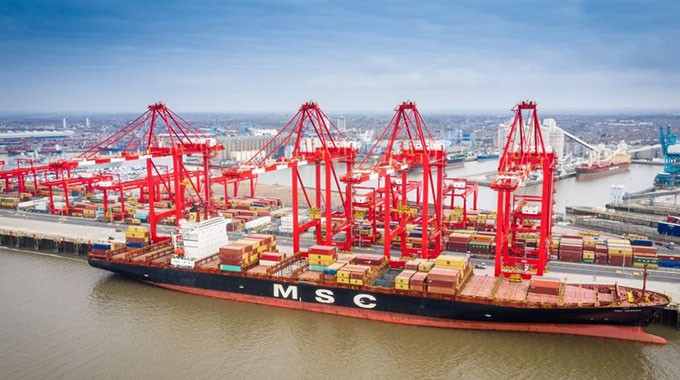Great Britain being the great naval force it has over the centuries BREXIT couldn’t be a reason to stop their domination.
One of the first things they plan after leaving the European Union is securing their domination of the seas. The United Kingdom plans to announce the location of up to 10 new free ports - scheduled to begin operating in 2021 - by the end of this year, the government said.
As the UK develops its own trade policy for the first time in decades after leaving the European Union at the end of January, the government has launched a 10-week consultation setting out its plans for the free ports, also known as free trade zones. Once the consultation is completed, sea, air and rail ports will be able to bid for free port status.
"Freeports will unleash the potential in our proud historic ports, boosting and regenerating communities across the UK," Chief Secretary to the Treasury, Rishi Sunak, said in a statement. "They will attract new businesses, spreading jobs, investment and opportunity to towns and cities up and down the country."
Secretary of State for International Trade, Liz Truss, said: “We are taking back control of our trade policy, and opening every corner of the UK to opportunities across the world. Freeports will unleash the potential of our historic ports, creating jobs and regenerating communities across the UK. These hubs will also deepen partnerships around the world as we restore our economic and political independence.”
Free ports are areas where imported goods can be held or processed free of customs duties before being exported again. They can also be used to import raw materials and make finished goods for export.
The government said it was considering tax measures aimed at increasing investment in infrastructure, construction and machinery in free ports to raise productivity. It could also use tax changes to reduce the costs of hiring workers in free port sites, it said.
Free ports could be used to trial customs, transport and green technologies before they are adopted more widely across the economy, the government said.
But free ports are not without controversy. The idea has been criticized as a backdoor route for tax evaders. The European Commission said last year that free ports were vulnerable to money laundering or terrorism financing.
Some trade experts say the net benefit of free ports is limited and they often just redistribute economic activity from elsewhere in the country. Britain has currently four free ports: in Liverpool, Prestwick Airport, Southampton, Tilbury and Sheerness. Many EU member states have free ports too: France has one, Spain five, Italy six and Germany five.

